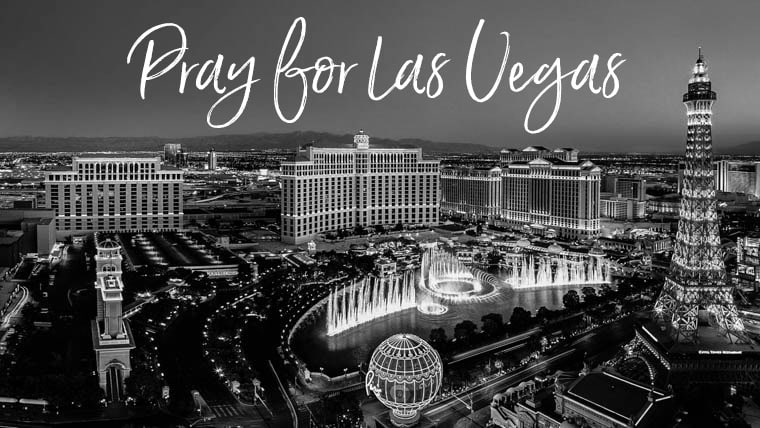Houston -- 10:14
Baltimore -- 9:24
Detroit -- 9:05
The Netherlands -- 7:41
Those are the hours of daylight for each of those locations on December 21, 2017, the Winter Solstice.
I have family members in each of those places. As Houstonians, my wife and I will enjoy the most sunshine. Our son in Baltimore and my parents in Detroit will have roughly the same amount of daylight. Our daughter and son-in-law in the Netherlands, however, will spend more than two-thirds of the day in darkness.
For many people, the shorter days and lack of sunlight that characterize the winter months bring on what might be termed the Winter Blues. We might feel more tired than usual, maybe put on a little weight, or perhaps undergo minor bouts of depression.
Baltimore -- 9:24
Detroit -- 9:05
The Netherlands -- 7:41
Those are the hours of daylight for each of those locations on December 21, 2017, the Winter Solstice.
I have family members in each of those places. As Houstonians, my wife and I will enjoy the most sunshine. Our son in Baltimore and my parents in Detroit will have roughly the same amount of daylight. Our daughter and son-in-law in the Netherlands, however, will spend more than two-thirds of the day in darkness.
For many people, the shorter days and lack of sunlight that characterize the winter months bring on what might be termed the Winter Blues. We might feel more tired than usual, maybe put on a little weight, or perhaps undergo minor bouts of depression.
Some folks, however, experience more exaggerated forms of these symptoms, a condition known as Seasonal Affective Disorder, or SAD.
For them, the winter months of decreased sunlight or working in buildings without windows cause depression that saps energy and causes work and relationships to suffer.
Aside from Seasonal Affective Disorder, millions of people this month will suffer from another type of SAD, what could be termed Savior-Absent Disorder.
Symptoms of Savior-Absent Disorder include an over-emphasis on presents and parties, the noticeable lack of peace and joy, and a Christmas celebration devoid of Christ.
Long-term effects of SAD include holiday seasons lacking in meaning and even a Scrooge-like resentment toward those who offer a joyous "Merry Christmas!" greeting.
However, there is relief from Savior-Absent Disorder. Not just a short-term pain killer, but a lifetime cure. The treatment is found in the words spoken to shepherds by an angel: "I bring you good news of great joy that will be for all the people. Today in the town of David a Savior has been born to you; he is Christ the Lord" (Luke 2:11).
Possible side-effects of this treatment include the following:
Now with the angel's words to the shepherds in mind, I wish you a Merry Christmas and a SAD-free new year.
Possible side-effects of this treatment include the following:
- a renewed sense of hope (Luke 2:25-35)
- freedom from guilt and shame (Luke 1:50)
- an increase of love and compassion for others (Luke 2:16-18)
- a desire to praise God (Luke 1:46-47; 2:13-14, 20)
Now with the angel's words to the shepherds in mind, I wish you a Merry Christmas and a SAD-free new year.














